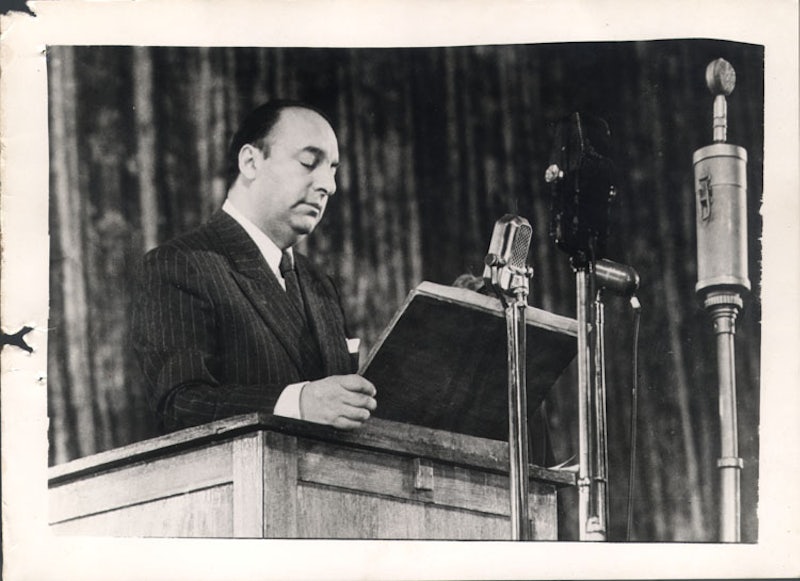Our 9/10 English students started the last day of our week with a performance by Jesse Parent titled, "To the Boy Who May One Day Date My Daughter."
Then, each student was given fifteen minutes to practice reading a poem they wrote this week.
Speaking and Listening Instructions:
1) The speaker should introduce themselves. "My name is ____, the poem is titled____." If it is untitled, just say so.
2) Each of the five students is given 15-minutes each. 3-5 minutes to perform, and an additional 5-10 for feedback and a second performance.
3) Read through once, get feedback, then repeat.
1) One student read a poem about fishing for lobsters. Vivid descriptions about hauling traps and spending time with his grandfather added a level of authenticity to the poem that I loved.
2) Our next student read a poem titled, "Secret Soldier," which recounted the experience of going to war. The poem ended with a fabulous line, "now, I make my departure."
3) Our third student presented a poem he'd worked on all week about his boat, speaking about the way he is abused by his owner and deals with crashing waves.
4) Our fourth presenter read a poem he'd workshopped about a baseball, using the image to describe time passing, age, and deterioration.
6) Our next writer read a poem about the Greek Titan Atlas, read from the perspective of the earth. The poem told the story of Atlas from a perspective you don't normally hear.
7) The following student read a poem written from the perspective of a TV controller that wants to fight back from all of the treatment it takes.
8) Our last student presented a poem about pencils, how frequently they are disposed and

























